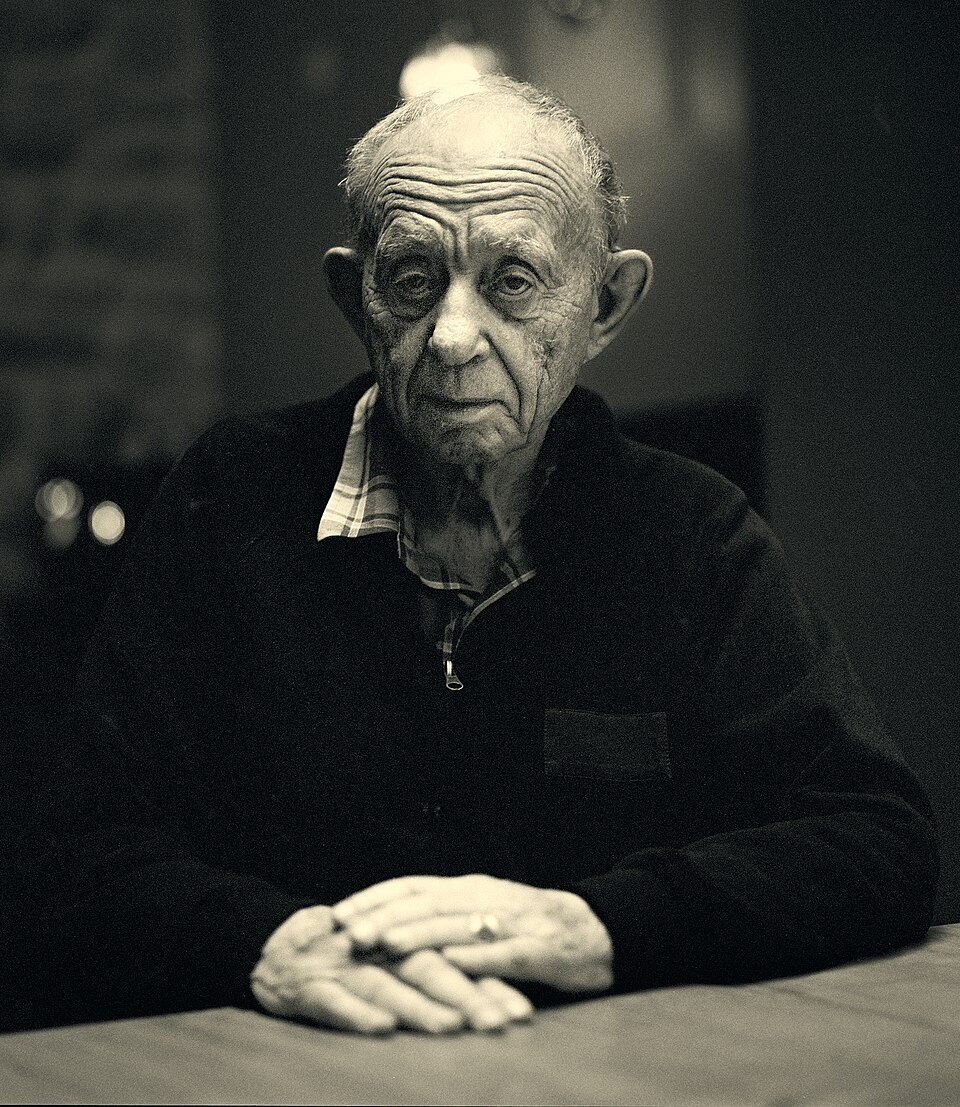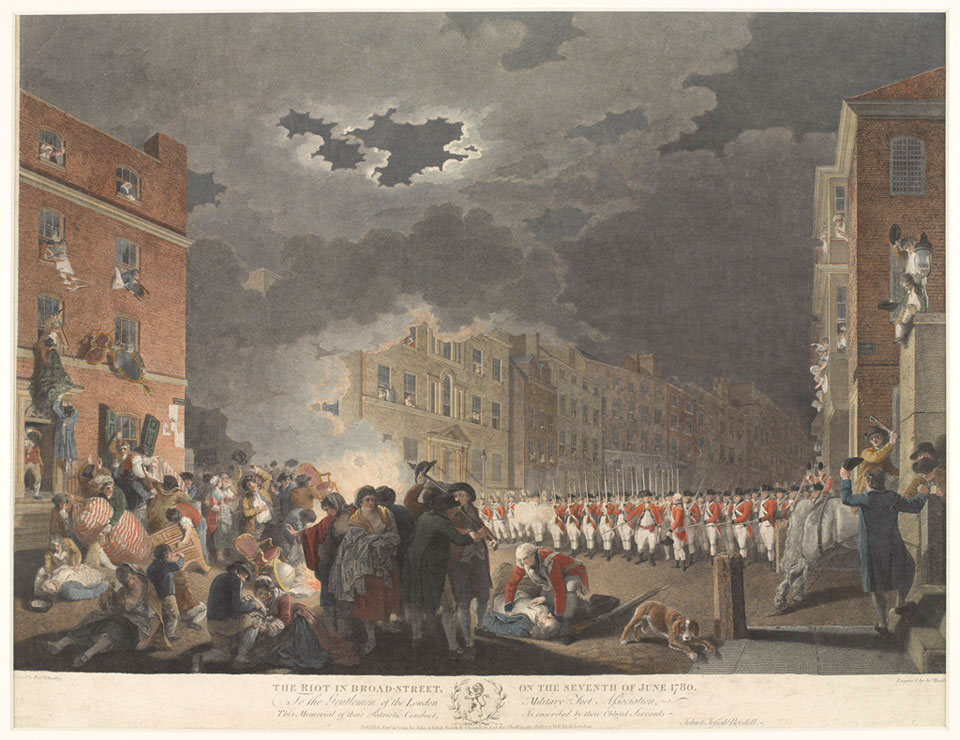What Lies Beneath “Dignity”
December 17, 2024

In A French Village, when her son is killed by a German bomb, a man tells the keening mother to “Be dignified.” I would slap him, but instead she pulls herself together.
In a later episode, a young woman is fired from her job as a maid because she is Jewish. She turns down her employer’s offer of a month to make arrangements, saying that she will leave immediately, that she has dignity.
In Creation Lake, a man says of an angry, harassing woman, “I’m always optimistic that she will locate her dignity and move on.”
All three examples, it occurs to me, take place in France. And having just emerged from a shameless Emily in Paris binge, I realize that Sophie’s arched Parisian eyebrow signals every instance in which American Emily lacks dignity, in the sense of poise, tact, awareness, and cool composure.
Why do we brush aside this quality the French so value?
The story begins, perhaps, with a preoccupation with politeness, key to the French notion of how one should live. One does not enter or leave a boutique without saying “Bonjour.” One does not prioritize speed, aggression, or material gain over relationship. One prepares for any situation by learning the etiquette—literally, the ticket on the package that tells you what is inside. All of this is—in the U.S. we would say “merely”—good manners. But good manners incorporate self-discipline, thoughtfulness, and grace. And so much of our political, mediated life is now rude, the very thought of dignity makes me wistful.
Courtesy, in France, exists alongside a seriousness and formality the U.S. loathes. The French use deferential titles (we use first names), dress carefully for any occasion (we wear hot pink to funerals), and adhere to social conventions we take pride in flouting. On the rare occasions that we draw ourselves up with deliberate self-possession, saying something like, “I refuse to dignify that with an answer,” we risk sounding stilted and stuffy. Just look at the synonyms our language offers for “dignity”: nobility, majesty, regalness, courtliness, augustness, exaltedness, lordliness, grandeur, magnificence, ceremoniousness, formality, propriety, decorum, correctness, worthiness, solemnity, gravitas. All of which any Yankee worth their salt despises.
These, however, are only the superficial differences. At the next level, dignité threads through the social, legal, and ethical frameworks of French society. I always equated the French liberté with our own, but their concept of freedom is rooted in a philosophical tradition that emphasizes respect for all of humanity, not just individual autonomy. We call this “civil rights,” but the French elevate the concept to a communal ideal, rather than only a set of individual rights. They see both liberté and dignité as shared, not differentiated and litigated by identity politics. The French Civil Code prohibits any harm to a person’s dignity and guarantees respect for all humans from the beginning of life.
We now have a president who brands opponents as “trash” and prisoners of war as “losers” and has called political colleagues “weirdo,” “crooked,” “sloppy,” “lyin’,” “slimeball,” “slippery,” “crazy,” “ditzy,” “birdbrain,” “fat,” “wacky,” “shifty,” “nervous,” “goofy,” “deranged,” “horseface,” and “lunatic.”
But back to dignity. In 1994, as debates over biomedical ethics heated to a boil, French laws about the donation and use of body parts, the protection of personal data, and the respect for the human body all referred to dignity as the intrinsic value of each individual. The following year, the French Code of Medical Deontology emphasized a physician’s duty to ensure a dying patient’s dignity.
Similar language is used in many countries, but with no consensus about the definition of “dignity.” The French set a high bar. When legal scholars Ruth Horn and Angeliki Kerasidou compared end-of-life practices in France and England, both of which refer to “dignity,” they noted that “in England, patient rights appear to take center stage, whereas in France, the doctors’ duty to safeguard vulnerable individuals is stronger.” Both countries urge healthcare providers to respect the dignity and freedom of their patients, but “in English common law, a patient’s right to refuse treatment is based on the principle of bodily integrity.” My body, my choice. What matters is that I am informed about the consequences of my decision. I will not be asked to explain in detail why I want to refuse treatment. My dignity flows from my capacity for autonomy and self-determination.
In France, on the other hand, individual choice does not close the conversation. Dignity is intrinsic to human life in general, not just individual persons; we all share in this quality, so if it slips for one, it slips for all. “The most undignified situation would be to consider the other as being undignified because they are ill, different, alone, unproductive, costly,” notes the French national committee of ethicists. Physicians and scientists are asked not simply to respect individual autonomy but to “defend and promote common values, without which there would be neither group nor society.”
In its earliest use, “dignity” referred to distinctions conferred upon those of high birth or rank. It morphed into qualities that made one worthy of honor or respect. The Stoics, followed by the Christians, pulled the concept down from its elitist perch, pronouncing dignity the supreme value all human beings possess. Immanuel Kant set down a specific rationale: we possess dignity by virtue of our humanity. (Bravo for Kant, although I would like to point out that I have seen lions, wolves, and standard poodles with immense dignity. The concept can bear expansion.)
In all seriousness, definitions have been the problem. What “dignity” means now depends on one’s definition of humanity. For Kant, and the Brits, humanity signaled the capacity for rational thinking and autonomous choices. The French version is softer and more sociable. Horn and Kerasidou bring up France’s famous dwarf-tossing case, in which Manuel Wackenheim, a dwarf who made his living by allowing himself to be tossed, was overruled on the grounds that dwarf tossing needed to be banned to protect human dignity. Wackenheim’s individual rights mattered less than those of society. “Respecting dignity means respecting the humanity of every single person who forms the group, rather than the right of each individual to act independently.”
Good lord, can you imagine us trying that? On a whim, I google “How does one regain one’s dignity?” An instant reply: “By accepting responsibility for their actions, making amends where necessary….”
Mmm. It might be lucky that the contemporary U.S. values dignity so little.
Read more by Jeannette Cooperman here.




